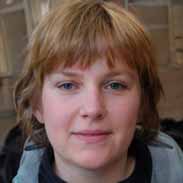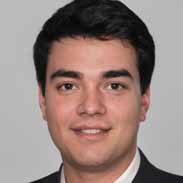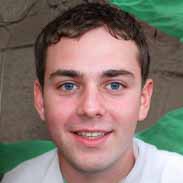Republic Of The Congo Flashcards, test questions and answers
Discover flashcards, test exam answers, and assignments to help you learn more about Republic Of The Congo and other subjects. Don’t miss the chance to use them for more effective college education. Use our database of questions and answers on Republic Of The Congo and get quick solutions for your test.
What is Republic Of The Congo?
The Republic of the Congo is a country located in Central Africa. It is bordered by Gabon, Cameroon, the Central African Republic, the Democratic Republic of the Congo and the Angolan exclave province of Cabinda. The capital and largest city is Brazzaville, located on the Congo River. The official language is French and there are over 25 ethnic groups in the country.The economy of Congo relies heavily on its oil exports as it has proven to be one of Africa’s most productive countries in terms of natural resources. This makes up around 70% of its export earnings; however, other exports include timber, diamonds and cobalt. The country also possesses significant agricultural potential due to its tropical climate and rich soils which can support crops such as maize, cassava and palm oil production among others. Despite all these natural resources, poverty remains a major issue in Congo with two thirds of people living below the poverty line according to World Bank statistics from 2018. This has been attributed to decades-long mismanagement under former President Denis Sassou Nguesso who led an authoritarian regime for many years before democratic elections were held in 2016 which saw him re-elected with 88% of votes casted for him despite widespread irregularities reported during this process. As a result there have been increasing calls for improved governance that will bring about economic development for all citizens within Congo as well as increased transparency within government operations. The government has made some attempts at economic reform including introducing new taxes such as Value Added Tax (VAT) alongside investing heavily into agriculture , infrastructure projects , healthcare spending , education etc. Despite these attempts though much still needs to be done if real change is to come about that benefits everyone equally without leaving anyone behind.










